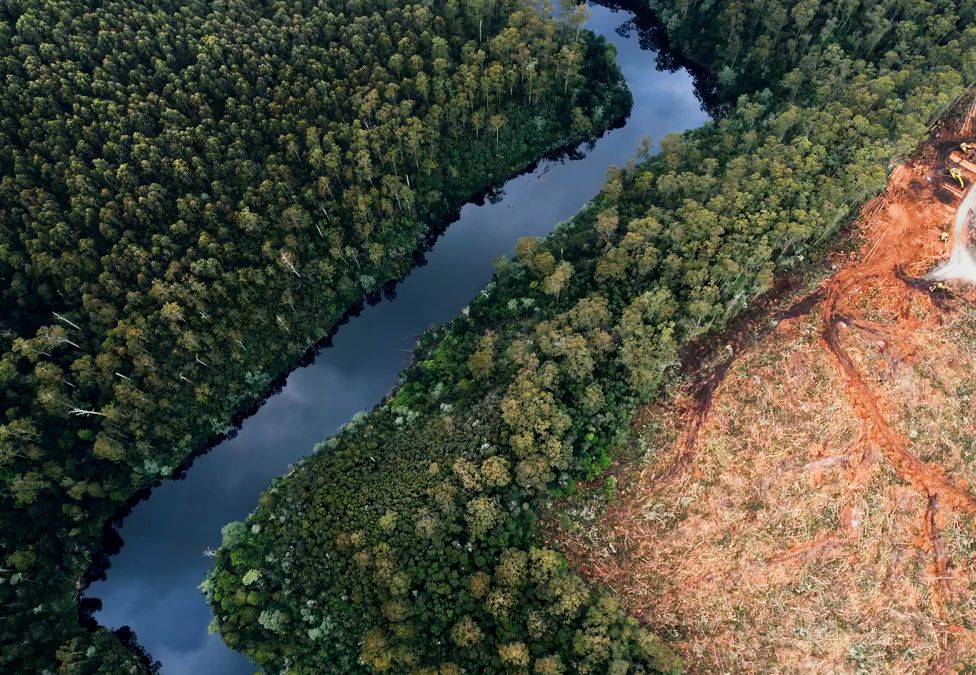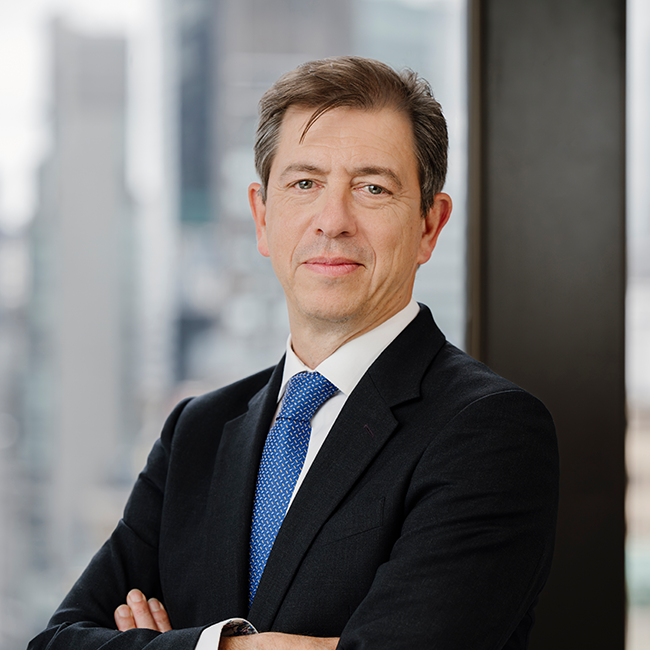
The preservation of the world’s tropical forests is a critical challenge. Globally, deforestation continues to rise, driven by socioeconomic factors and the compounding effects of climate change, driving biodiversity loss and water insecurity. A new paradigm is needed for the conservation of these habitats that support over 80 percent of life on earth.
Historically, conservation funding has relied on philanthropic and donor grants, which are unable to address the scale and urgency of the deforestation crisis. New instruments like carbon and biodiversity credits represent valuable approaches to address some of the shortcomings, but challenges related to standardization, verification, and price volatility persist. They are also poorly suited to countries that have low deforestation rates. This calls for new financing solutions that offer tropical forest countries (TFCs) a long-term, predictable source of results-based financing.
Lion’s Head Global Partners specializes in the design and operationalization of financial vehicles to bridge the gap between investment capital and sustainable development. Since early 2024, Lion’s Head Global Partners has supported the government of Brazil, alongside the World Bank, in the financial design and operationalization of a new initiative that seeks to address the gap in sustainable financing for standing moist broadleaf tropical forests.
The Tropical Forest Forever Facility (TFFF) is an innovative global fund that supports conservation over the long term. The government of Brazil proposed its establishment at COP28 in the United Arab Emirates, with the objective of launching the facility at COP30 in Belém, Brazil.
It is through frank, open, and constructive discussions that collaboration across sectors works.
The TFFF will provide predictable long-term incentives for standing tropical forests. By offering a financial incentive to maintain forest cover, it complements existing programs for maintaining biodiversity and reducing deforestation. The TFFF is targeting USD 125 billion of blended finance, combining investments by sponsors and institutional investors. The structure is driven by three innovative elements:
- The TFFF does not rely on donor grants or philanthropy but offers a strong value proposition for its sponsors and investors delivering competitive market returns.
- TFFF invests its capital in a diversified fixed-income investment portfolio primarily from the Global South with the objective of generating a sustainable long-term investment return.
- This enables performance-based payments to TFCs based on their standing forest, less a discount for every hectare of forest lost in prior years.
Monitoring is performed at a national level using low-cost satellite technology. The TFFF targets to generate USD 2 billion–4 billion annually for forest conservation. The resources made available to TFCs will fund desperately needed ecosystem services, as well as a dedicated allocation for Indigenous peoples and local communities that make up the over 50 million people living in the tropical forests.
Any international undertaking of this scale could not be executed by a single actor. From the outset, the government of Brazil sought to build this initiative in partnership across sector expertise. A steering group was established of six TFCs and six sponsor countries’ ministries of finance, environment, foreign affairs, and international development. It has also relied on expertise and buy-in of conservation civil society organizations, development finance institutions, philanthropies, and finance professionals.
It is through frank, open, and constructive discussions that collaboration across sectors works; trust is built and strengthened. Only these interactions will enable us to address the biggest challenge of our generation—to achieve a common goal, which is enabled through the power of cross-sectoral partnerships.























